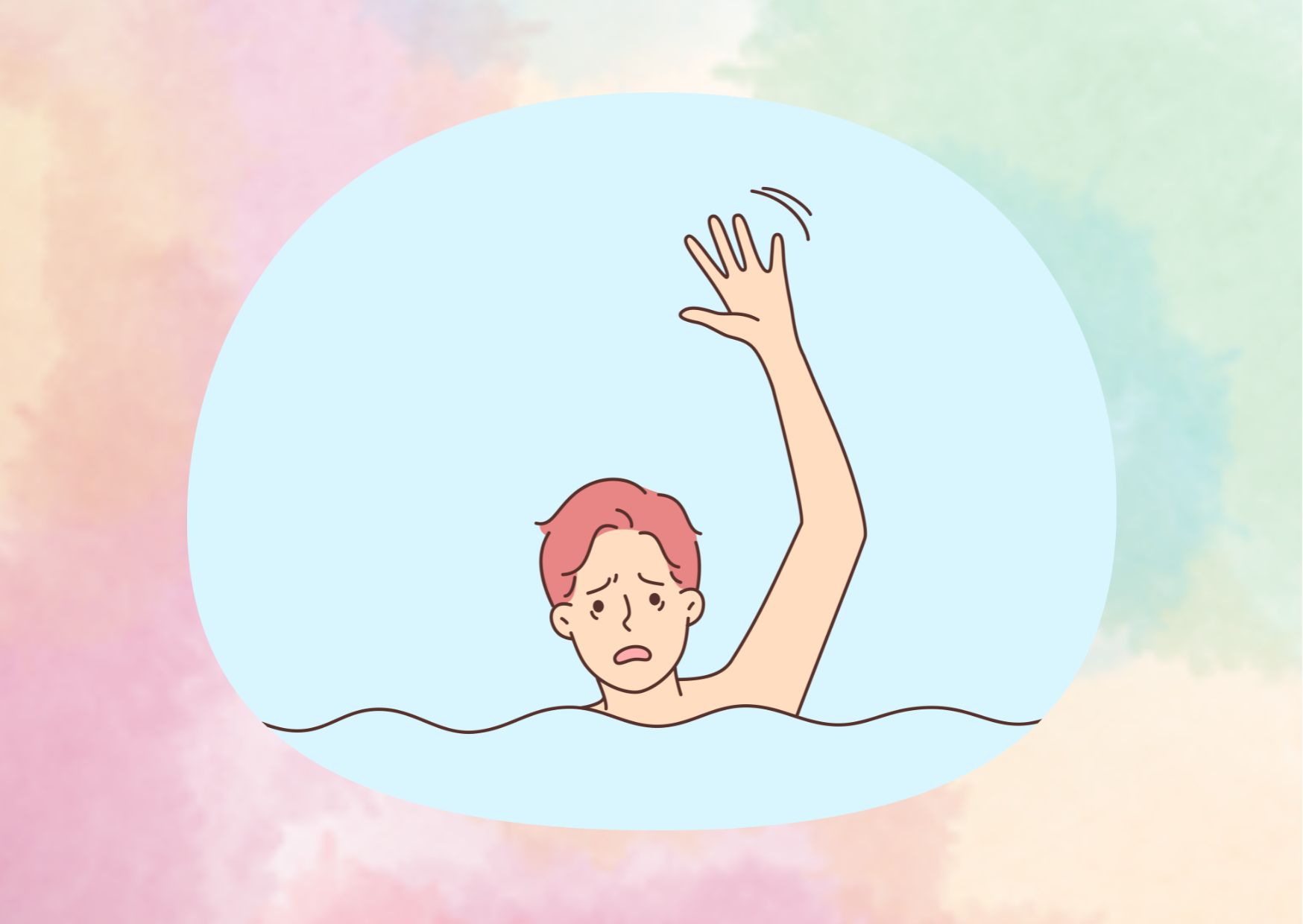Overcoming Frightening Thalassophobia: Conquering the Fear of the Ocean
Are you one of those people who feel a sense of unease or even terror at the mere thought of the vastness and depth of the ocean? If so, you may be experiencing thalassophobia, a specific phobia characterized by an intense fear of large bodies of water. Thalassophobia can have a significant impact on your daily life, limiting your ability to enjoy activities such as swimming, visiting the beach, or even looking at pictures of the ocean. But fear not, there are strategies and treatments available to help you overcome thalassophobia and reclaim your sense of calm and enjoyment. In this comprehensive guide, we will explore the signs, causes, and effective coping strategies to conquer thalassophobia and embrace the beauty of the ocean.
Table of Contents
- Understanding Thalassophobia
- What is Thalassophobia?
- Signs and Symptoms
- Causes of Thalassophobia
- The Power of Early Experiences
- Learned Fears
- Genetic Predisposition
- Effects of Thalassophobia
- Impact on Daily Life
- Psychological and Physical Symptoms
- Diagnosing Thalassophobia
- Treatment Options
- Coping Strategies
- Support Systems
- Prevention and Self-Help
- Empowering Yourself
- Exploring the Ocean
Understanding Thalassophobia
What is Thalassophobia?
Thalassophobia is a specific phobia characterized by an intense and irrational fear of large bodies of water, such as the ocean or sea. The word “thalassophobia” itself is derived from the Greek words “thalassa,” meaning sea, and “phobos,” meaning fear. People with thalassophobia may experience overwhelming anxiety and fear when faced with deep water, even if there is no immediate danger present.
Signs and Symptoms
The signs of thalassophobia can vary from person to person, but common symptoms include:
- Extreme anxiety: Individuals with thalassophobia may experience intense feelings of anxiety or panic when confronted with the ocean or other large bodies of water.
- Avoidance behaviors: People with thalassophobia often go to great lengths to avoid situations that involve the ocean, such as swimming, boating, or even looking at pictures or videos of the sea.
- Physical symptoms: Physical manifestations of thalassophobia can include rapid heartbeat, shortness of breath, trembling, sweating, and nausea.
- Nightmares and intrusive thoughts: Thalassophobia can also manifest in the form of recurring nightmares or intrusive thoughts about drowning or being trapped in the ocean.
It’s important to note that thalassophobia is a specific phobia and not simply a rational fear of the ocean. The fear experienced by individuals with thalassophobia is often disproportionate to the actual danger posed by the situation.
Suggestion for read: Most Common Phobias
Causes of Thalassophobia
The Power of Early Experiences
Thalassophobia can develop as a result of traumatic experiences or negative associations with water during childhood. For example, if a person had a frightening experience in the ocean, such as nearly drowning or witnessing a distressing event, it can leave a lasting impact on their psyche and contribute to the development of thalassophobia.
Learned Fears
Another factor that can contribute to the development of thalassophobia is learned fears. If a person grows up in an environment where others around them exhibit fear or anxiety towards the ocean, they may internalize these fears and develop their own phobia.
Genetic Predisposition
Research suggests that there may be a genetic component to the development of phobias, including thalassophobia. Individuals with a family history of anxiety disorders or specific phobias may be more prone to developing thalassophobia themselves.

